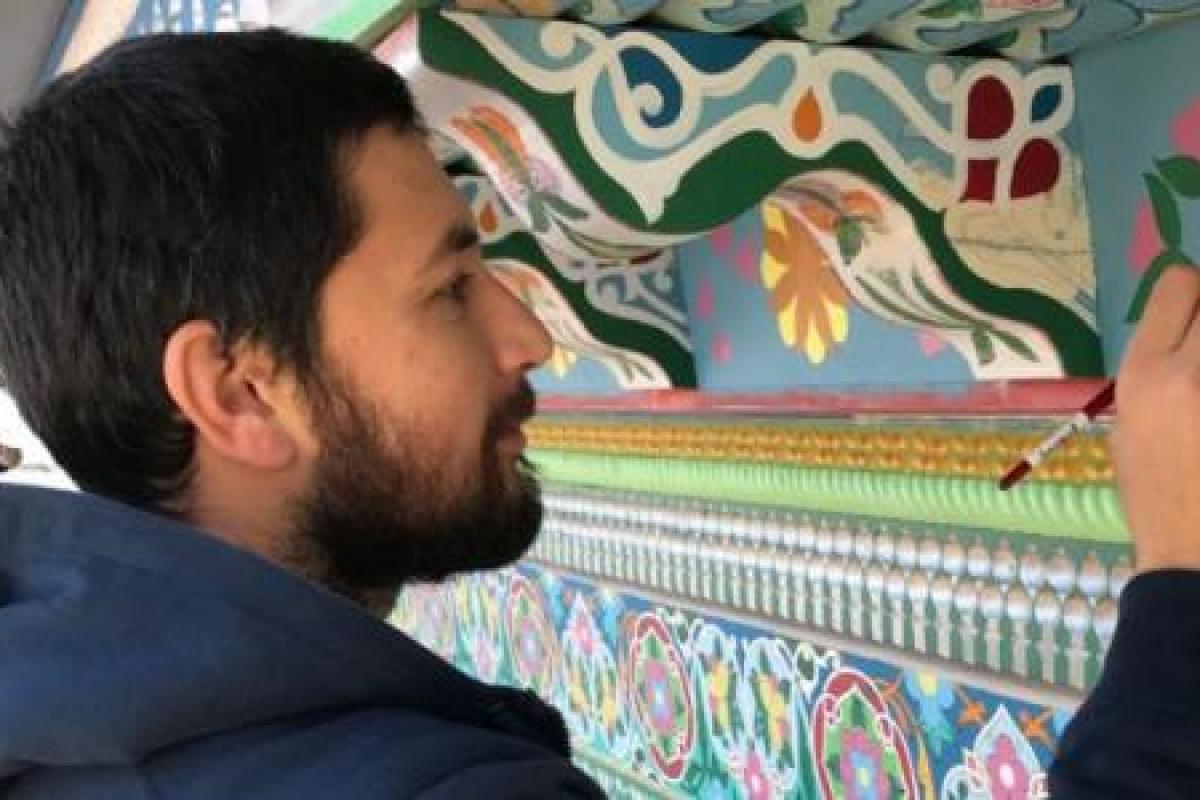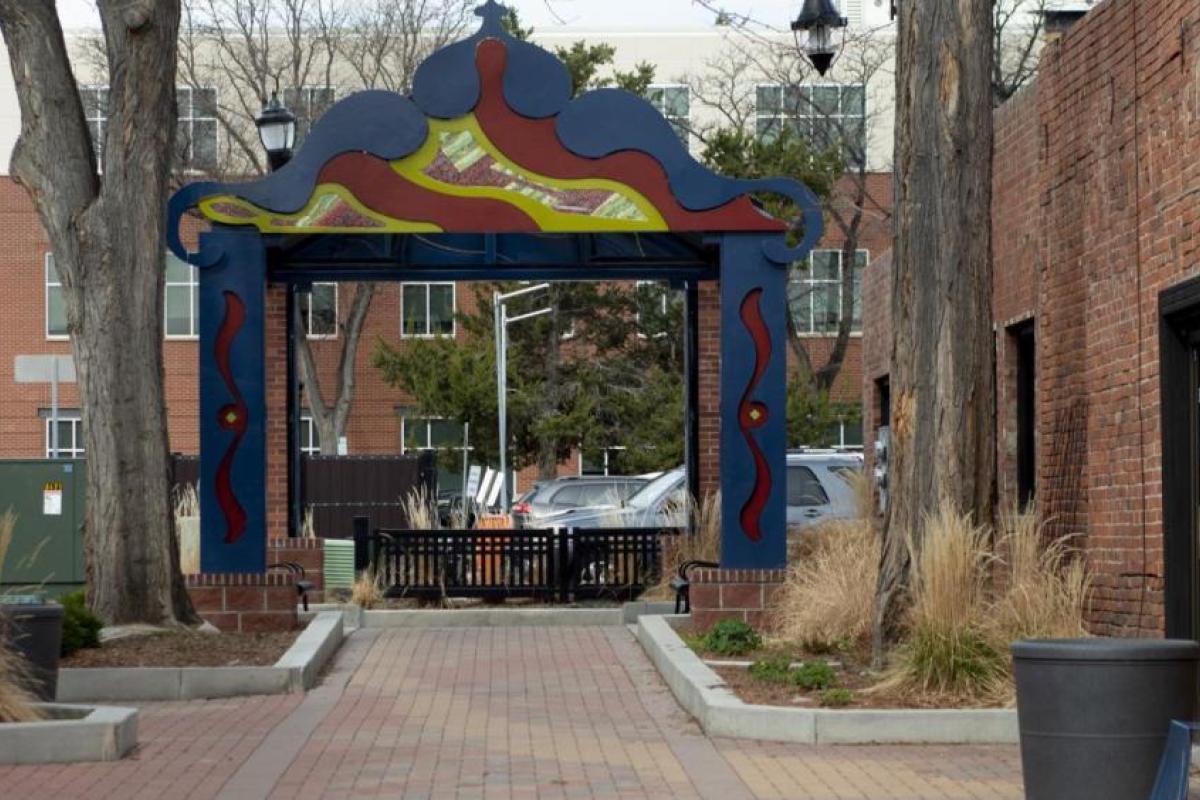Community Design Workshop
The Community Design Workshop, (formerly named the "CU-City of Boulder Design Workshop"), is an on-going program that facilitates development of long-term community partnerships with cities and neighborhoods in Colorado and helps organize and direct multiple classes, studios and internships around local priorities for neighborhood and commercial district revitalization. The overall goal of the Community Design Workshop is to bring new resources and expertise, integrating design, public arts, community engagement and planning into neighborhood and commercial district development processes in Colorado.
This project responds to the urgent economic consequences of COVID-19 and other stresses that have intensified the need for regeneration of neighborhoods and small commercial centers in the Colorado Front Range. In addition, it responds to the needs for more inclusive development approaches as Colorado Front Range communities face gentrification, high housing costs, displacement and increasingly sharp social conflicts.
The Community Design Workshop is motivated by four goals: help stabilize and energize neighborhood centers and commercial areas; address social divisions and conflicts among those who live in or use neighborhoods and downtowns; broaden use and facilitate activity in shared and public areas; and create meanings that strengthen neighborhood cultural and economic life. In addition, this project has a pedagogical purpose, inspired by models of similar university programs across the country, but unique in its focus on partnerships and integration of public art and design, community engagement and neighborhood planning. Our work focuses on creating a voice for populations–children and youth, immigrant communities, creatives and artists, and small and early-stage businesses–that may not typically participate in public discussion about art, planning and design.
The design process is tightly integrated with community assessment, and hearing from diverse voices is an integral part of this assessment. Quality of design concepts are measured against opinions expressed at community events (such as, ‘this structure will be too hot in the summer’). Inputs collected during the project will be used to modify designs and correct course as needed. Benefits of the completed projects will be evaluated through assessments of patterns of use, including measures of rate and time of use, and structured interviews with users to elicit indicators of satisfaction. Finally, we will assess value and viability of the overall program. Quality of community engagement is measured by rate, intensity and duration of participation in events. Demand for the program is measured by the number of community proposals to participate, availability of financing and match for new projects, and commitments to participate by CU faculty and students.
Six Community Design Workshop initiatives have been organized through the MetroLab partnership between the university and the cities of Boulder, and the cities of Longmont, Lyons and Denver, and Boulder County. The primary partners for the Community Design Workshop vary from project-to-project.
Cities, local governments, creative districts, arts organizations, neighborhood nonprofits and economic development organizations interested in joining the Community Design Workshop can contact Brian Muller for more information.



